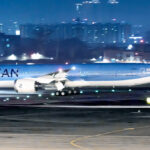
FIJI AIRWAYS: Paul Scurrah, former Virgin boss returns to aviation
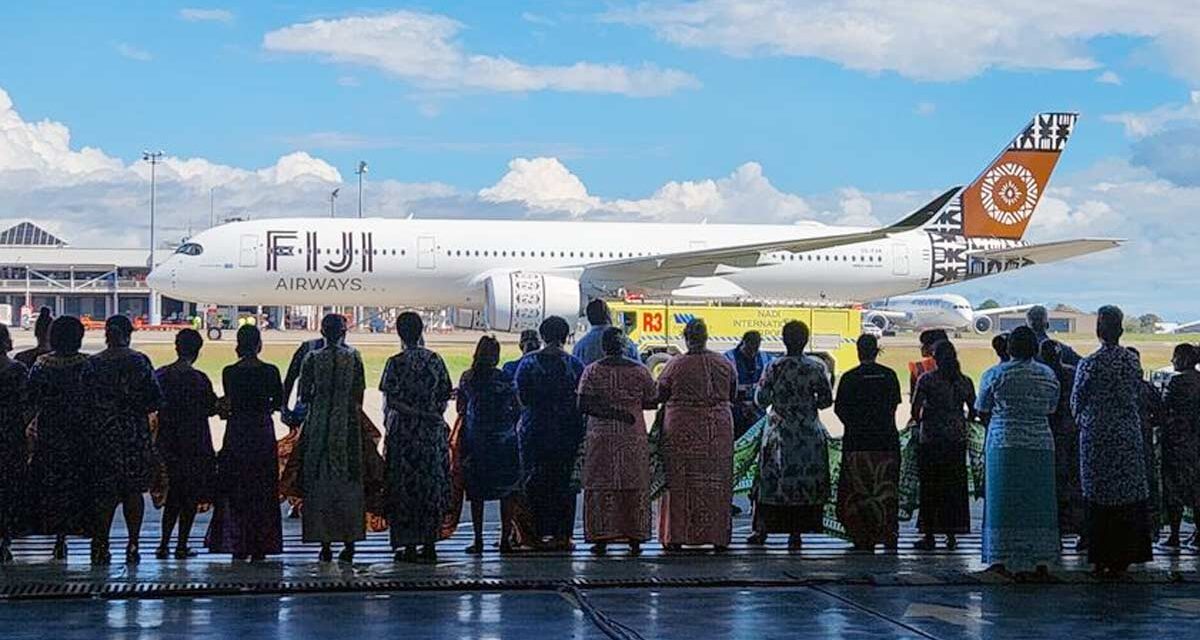
Fiji Airways has a new CEO, and he’s a familiar name to anyone who remembers the great Virgin Australia upheaval of 2020. Paul Scurrah, former Virgin Australia CEO, has taken over as Managing Director & CEO of Fiji Airways from 1 November 2025.
This marks his long-anticipated return to the aviation frontline after five years in the railways with Pacific National.
So what does this mean for Fiji Airways, for travellers, and for the broader Pacific aviation scene?

A well-stocked résumé
The official announcement from Fiji Airways reads like a LinkedIn highlight reel, but in this case, it’s all true. Scurrah brings over two decades of executive experience across the transport, logistics, and aviation sectors.
Scurrah was CEO of Virgin Australia from 2019 to late 2020. A pretty turbulent time in the airline’s history, magnified by the arrival of COVID-19.
He inherited an airline in financial distress, began a difficult but necessary restructuring, and then a global pandemic shut down international travel and the airline. Virgin entered administration, Bain Capital arrived with a chequebook and scissors, and Scurrah soon exited due to ‘differences in strategic direction, to be replaced by longtime Bain alum, Jane Hrdlicka.
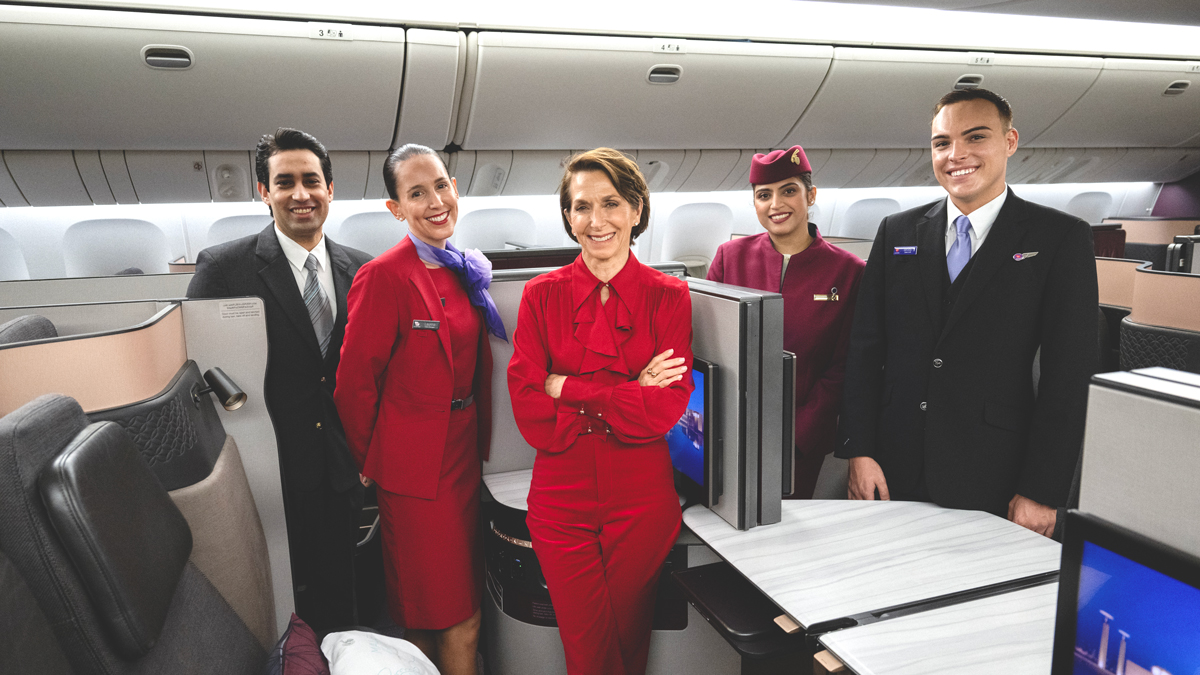
Before and after Virgin, he led Pacific National, Australia’s largest rail freight company, where he drove safety improvements, tech upgrades, fleet investment and cultural change. It’s that track record and skill set that the Fiji Airways board apparently likes in a post-COVID world, where in aviation, operational discipline is king.
He has also held senior roles in Queensland Rail, DP World Australia, and customer-facing airline leadership, including involvement in the early days of REX.
Scurrah is a crisis-tested operator with the battle scars to prove it. He has a proven track record of increasing engagement and customer satisfaction. A handy skill set when you’re running the national airline of a country that relies on tourism like lungs rely on oxygen.
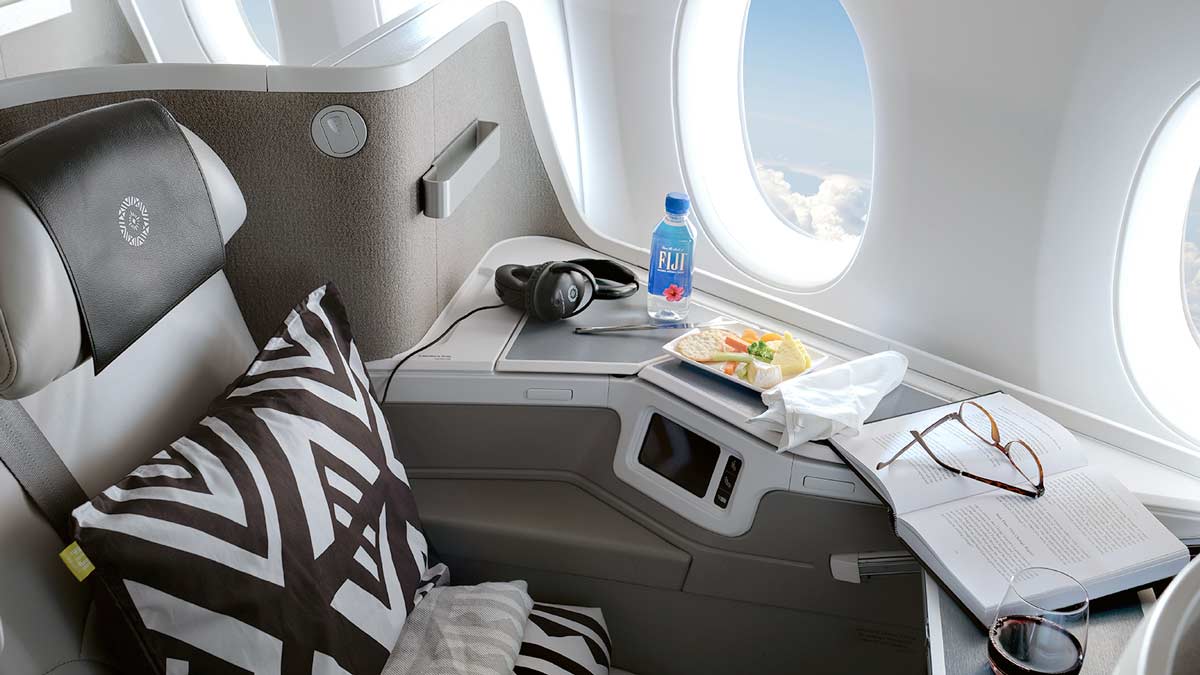
A hard act to follow: the Viljoen era
Outgoing CEO Andre Viljoen leaves after a full decade in the seat. It’s been quite a decade. Under Viljoen, Fiji Airways can be seen to have transformed from an underdog Oceania carrier into a globally recognised boutique airline with serious clout.
His greatest hits include:
- A Skytrax ranking jump from 102nd in 2015 to 14th in 2024. That’s an achievement whatever you think of Skytrax.
- APEX World Class Airline 2026 Award — the smallest airline ever to do so
- Doubling the fleet from 12 to 23 aircraft, including four A350s
- More than doubling revenue from FJ$815m to FJ$1.9b
- Building the Fiji Airways Aviation Academy, which trains pilots for Air Tahiti, Qantas and Cathay Pacific amongst others
- Saving the airline during COVID through repatriation flights, freight expansion, and the ‘Future-Fit Ready Strategy’
- Delivering record passenger numbers by 2023
Viljoen will stay on the board. He’ll also take up a role with Air Mauritius, which the Fiji Airways board stresses isn’t a conflict. (Different oceans, very different markets!)
Scurrah is inheriting a strong airline, not a broken one. But aviation never stands still. Maintaining viability and strength remains a challenge.
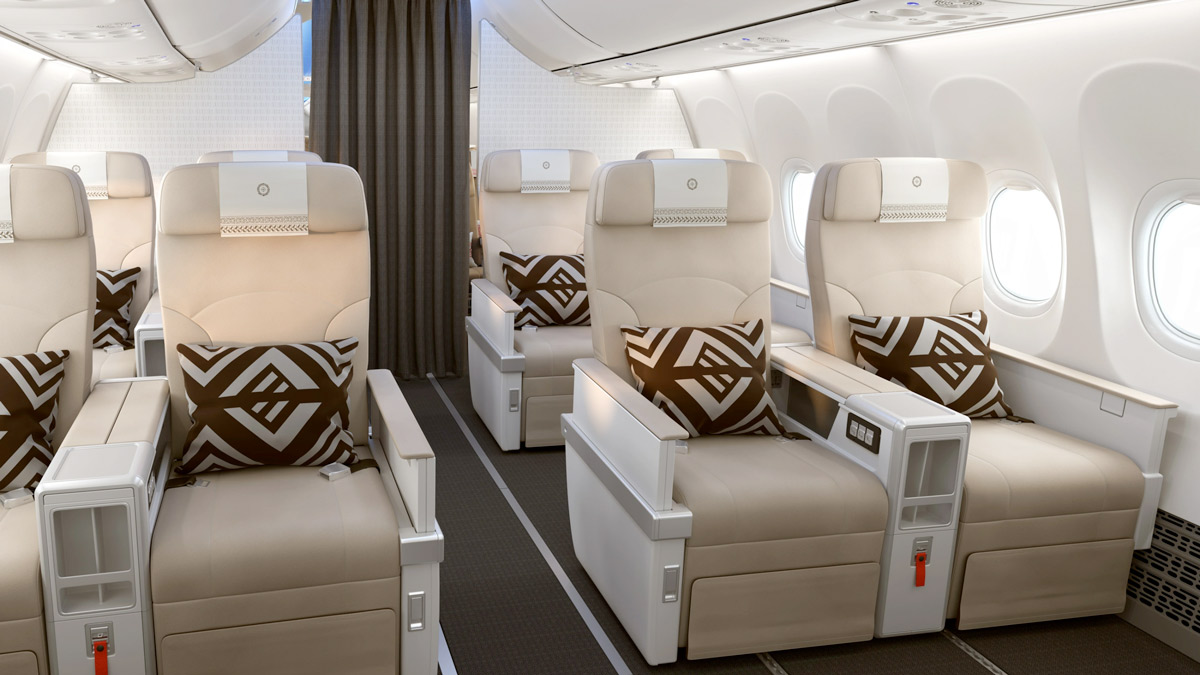
Scurrah’s vision: more than just palm trees and cocktails
In his first comments since taking the job, Scurrah sees Fiji Airways’ future as more than just filling more resort rooms. That won’t be hard, as Fiji has a shortage already. He sees his role as widening the view of incoming tourists, of showcasing more parts of Fiji, and the wider Pacific, that travellers barely know.
“People are looking for unique experiences… we’ll expand the product offering by making sure that some of the more obscure destinations within the Fiji group, or within the Pacific more broadly, are promoted and connected.”
Expect more emphasis on Fiji’s further-flung islands and cultural tourism. Think less Denarau, more Mamanucas, Yasawas, Kadavu, and possibly Pacific mini-hubbing beyond Fiji.
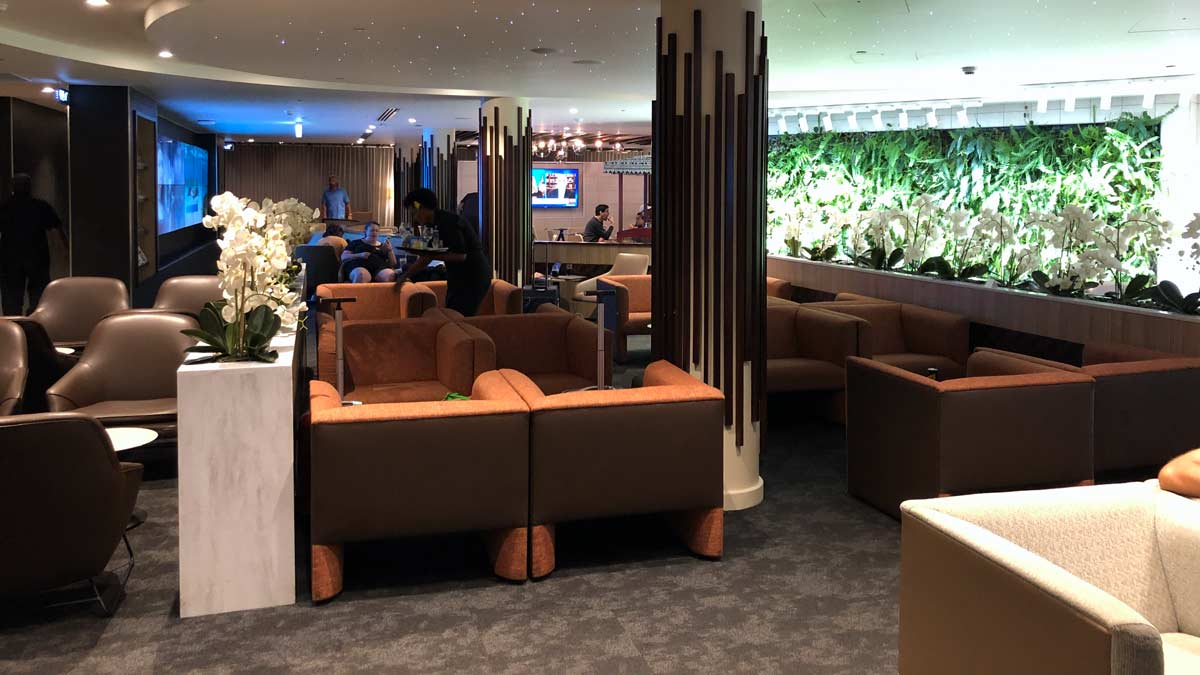
On the network front, Fiji Airways has already been expanding with the recent launch of Cairns to Nadi flights, opening the option of US toursm between LAX and Cairns in Australia via Fiji. The airline has asian connections into Hong Kong, Singapore and Tokyo. In North America, Fiji Airways services Honolulu, Los Angeles, San Francisco and Vancouver.
Scurrah also notes the airline is quietly becoming a business-travel connector, not just a leisure airline. If you can fly Sydney–Nadi–San Francisco in comfort, and earn Qantas points via Fiji’s Oneworld membership, and if that can be done at a discount, Fiji becomes a useful alternative to direct flights out of Sydney and Melbourne.

Can Fiji Airways keep growing?
Fiji Airways grew aggressively under Viljoen. It added 47% more seating capacity in 2023 alone. It has 23 aircraft, which makes it a healthy mid-sized fleet. But, along with the worldwide aircraft shortage, it also limits growth options.
Here are four issues Scarrah is going to have to come to terms with.
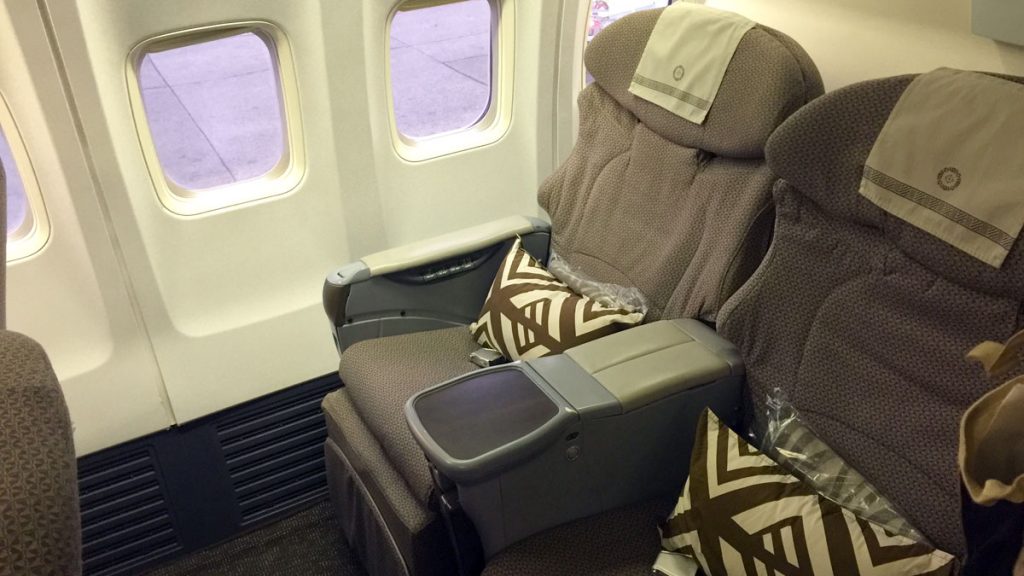
1. Fleet limitations
The airline runs a tidy three-type long to medium-haul fleet consisting of A350, A330 and 737 MAX 8. Domestically it runs, ATRs and Twin Otters. These short haul aircraft are perfect for Fiji’s island geography, but limiting if you want to add more long-haul destinations.
2. Hotel rooms
Fiji’s Deputy PM and Tourism Minister recently observed that when demand is high, Fiji runs out of hotel rooms. That means until capacity increases its hard to expand the incoming tourist market.
3. Competition
Jetstar, Virgin, Qantas and Air New Zealand all fight hard in the Australia–Fiji market. Qantas also competes heavily for premium cabin traffic to the US. However with its sharply priced fares, Fiji Airways taps into the lighter end of the premium- market.
4. Post-COVID financial discipline
Scurrah’s experience of COVID at Virgin Australia left him convinced airlines must prepare for the next crisis before it hits. Cost leadership, not expansion for its own sake, appears to be his philosophy.
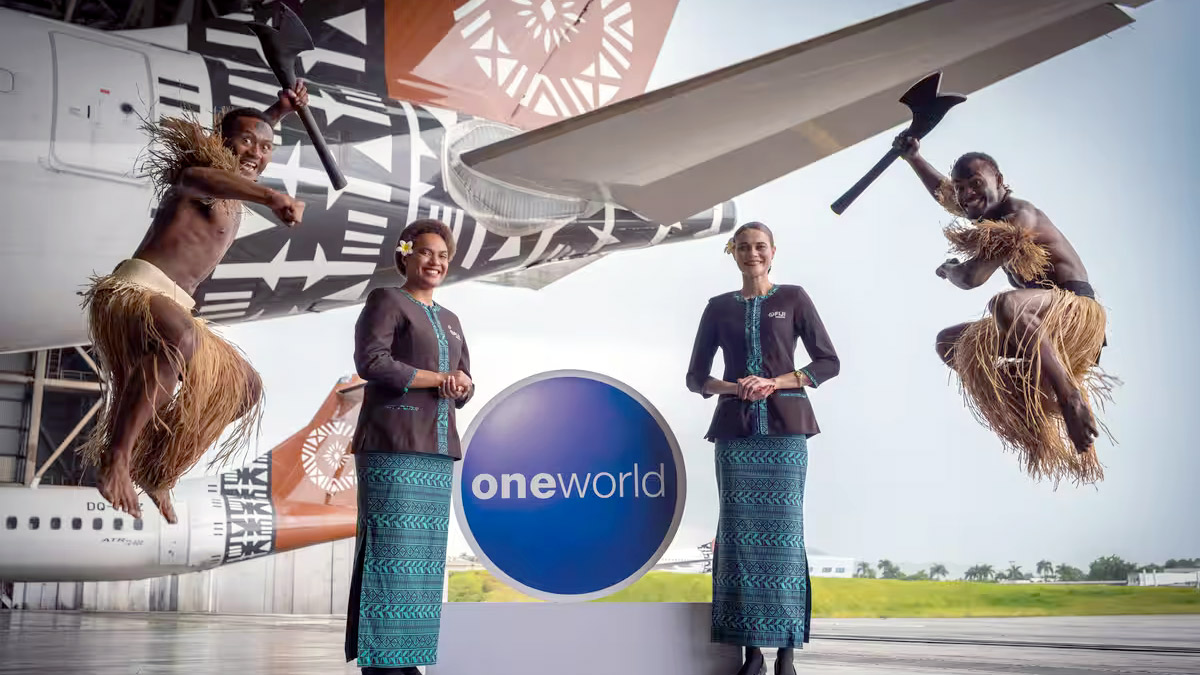
2PAXfly take
This is a smart appointment. Scurrah brings financial discipline, strategic clarity and a good understanding of the aviation ecosystem. Pair that with Fiji Airways’ increasingly strong product, lie-flat beds, polished, casual service, and rising global recognition — and you have the potential for a very nimble, very competitive regional airline.
Scurrah may get his chance to demonstrate his aviation and financial discipline skills at Fije, an opportunity he was denied at Virgin Australia.
But there’s no escaping reality: after a decade of big leaps, Fiji Airways is entering a maturing phase. Growth is still possible, but more challenging. The next few years will be about refinement, network optimisation, and squeezing more value out of Oneworld connectivity.
If Scurrah can expand Fiji’s tourism offering, deepen the airline’s Pacific role, and keep costs in check, all without diluting the brand that Viljoen built, he’ll be doing very well indeed.

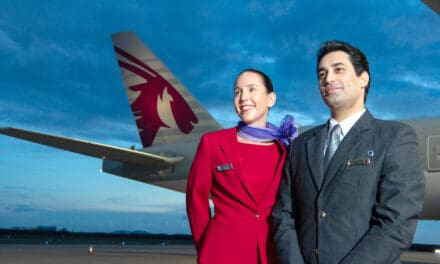









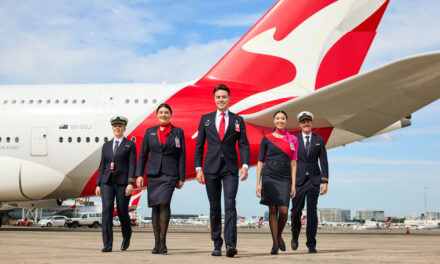
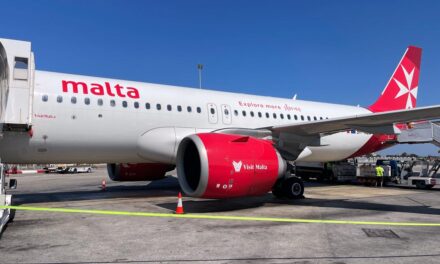

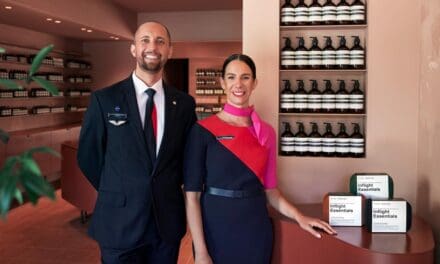


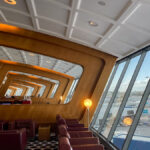








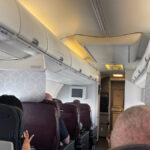
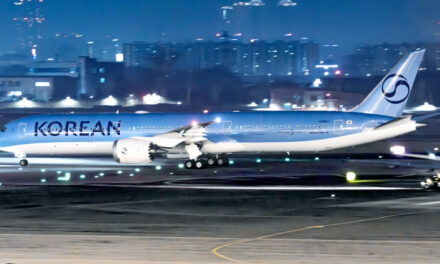







What did you say?